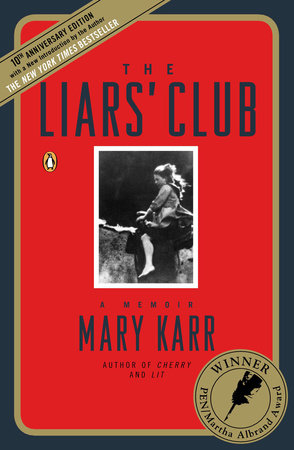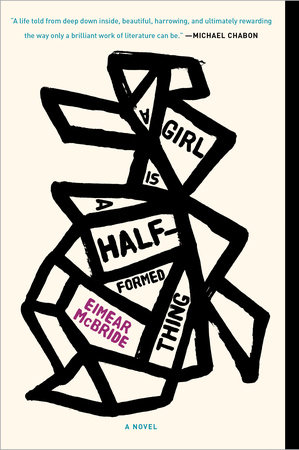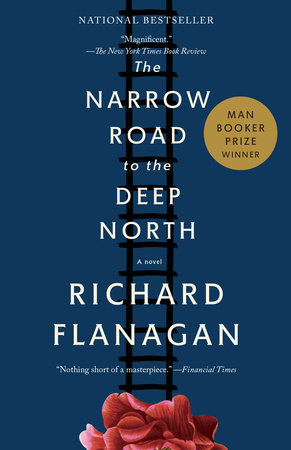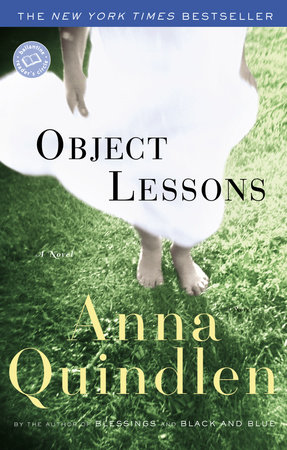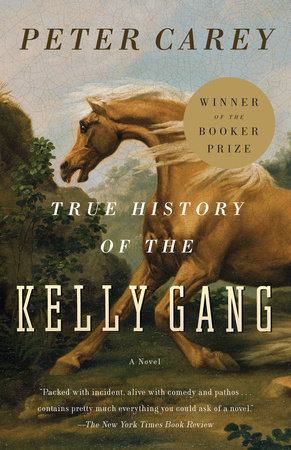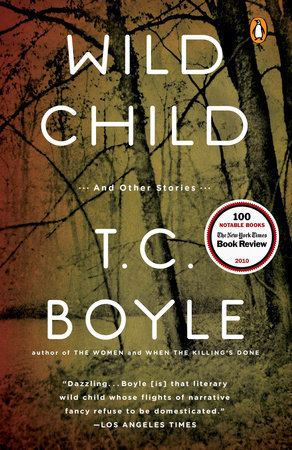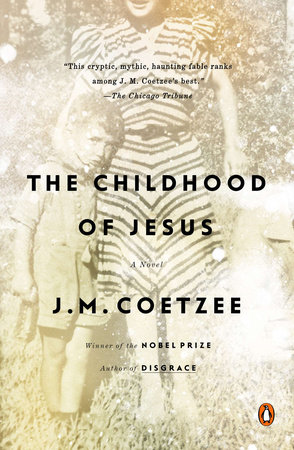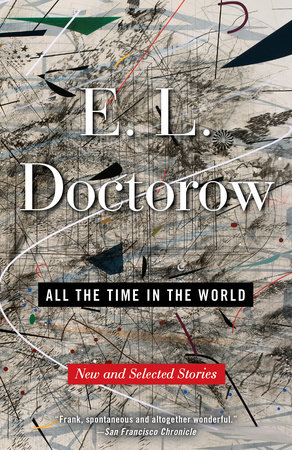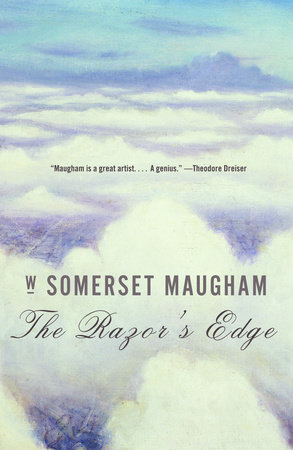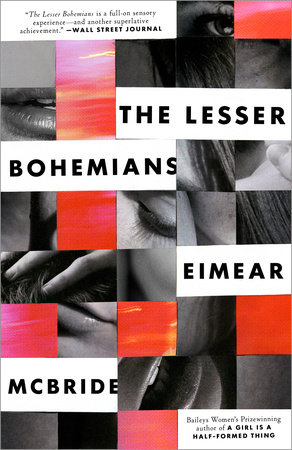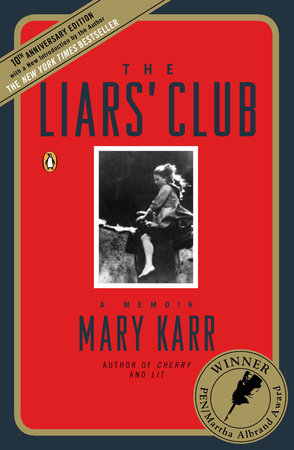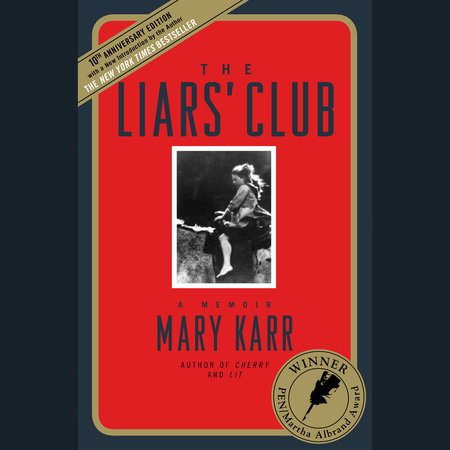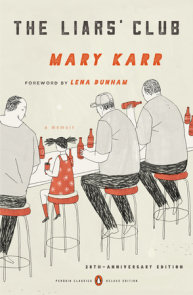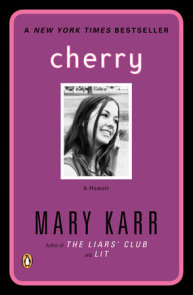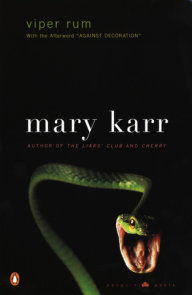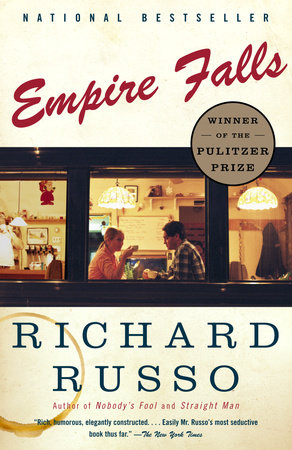Author Q&A
You say that any family with more than one person is dysfunctional. Why do you feel this way?
If dysfunction means that a family doesn’t work, then every family ambles into some arena in which that happens, where relationships get strained or even break down entirely. We fail each other or disappoint each other. That goes for parents, siblings, kids, marriage partners—the whole enchilada.
Obviously, these failures cover a spectrum. The parent who beats a kid insensibly on a regular basis registers differently on the disappointment-meter from the one who doesn’t deliver a pony for Christmas. Probably the vast majority of families fall between these two poles. Nevertheless, I believe that every tribe has to accommodate a wide range of behavior from its members. Illness and death, which we’re taught in this country to view as aberrant, actually afflict us all. Depression hits everybody from time to time. The current figures on alcoholism vary, but I heard a lecture once where someone claimed that five percent of the population consumes ninety percent of the liquor sold. You can bet that segment of the population causes considerable strain on those near and dear. When people suffer their relationships usually suffer as well. Period. And we all suffer because, as the Buddha says, that’s the nature of being human and wanting stuff we don’t always get.
You also talk about the popularity of memoirs about dysfunctional families in post-baby-boom America. Is dysfunction a particularly American phenomenon? Or is interest in reading about it?
Probably readers’ intense interest in scaldingly tough family lives is an American phenomenon, but I’m no expert. The only other country I’ve ever lived in is England, where I encountered much sneering about our narcissistic interest in therapies, self-help, twelve-step recovery, etcet. Still, their rates of divorce and alcoholism are up like ours. Their families have probably endured the same upheavals in structure. The Liars’ Club has done well over there, and my British publisher described the same boom in memoir over there that we’ve seen here.
The fact that America’s so geographically vast adds a factor the Brits don’t have —how far-flung we are from our beloveds, who traditionally helped us with an occasional bag of groceries or an afternoon of babysitting.
What memoirs that you’ve read have inspired you the most? Did any of them influence the way you conceived your own?
The memoirs I adore were all stolen from shamelessly. As a junior in high school, I read Maya Angelou’s I Know Why the Caged Bird Sings. That she wrote about a rural, Southern, working-class family was a revelation to me. The peasants in Tolstoy were one thing, but Angelou showed me literature’s characters didn’t have to be limited to the ruling classes, with which I had virtually no truck. The same held true for Harry Crews’s Childhood: Biography of a Place. Plus Crews drew more heavily on the vernacular than Angelou did. Maxine Hong Kingston showed me in Woman Warrior that you could write about feminist issues without either being didactic or painting yourself as some slobbering victim. In my early twenties I had the great privilege of meeting both Geoffrey and Tobias Wolff at Goddard College where I went to grad school. Their books—The Duke of Deception and This Boy’s Life, respectively—showed me the virtues of humor. Plus their very different prose styles and that of other master writers—Frank Conroy, for instance, in Stop-time (available from Penguin)—showed me that memoir’s an art, even if historically an outsider’s art. There’s no reason it can’t be as well written as fiction, even if structurally it’s more episodic.
Other memoirs I’m passionate enough about to have taught include Mary McCarthy’s Memories of a Catholic Girlhood, George Orwell on Burma and his Homage to Catalonia, St. Augustine’s Confessions, Audre Lorde’s Zami: A New Spelling of My Name, G. H. Hardy’s A Mathematician’s Apology, John Edgar Wideman’s Brothers and Keepers, Michael Herr’sDispatchesabout Vietnam, Susanna Kaysen’s Girl, Interrupted, Henry Louis Gates’s Colored People, and Robert Graves’sGoodbye to All That.
Where did you get your storytelling ability and how did you develop it?
The idiom in this book is my daddy’s mostly, the densely poetic idiom I grew up with in East Texas. To say “it’s raining like a cow pissing on a flat rock” is to utter a line of poetry. The phrase is metaphorical. It’s physically accurate in evoking the kind of head-bashing thunderstorms you get from the Gulf. Plus it works at the bounds of social propriety, which is where writers often go to find difficult truths that haven’t been written to death already. It also grows out of a milieu that’s seldom written about —one in which cows piss on flat rocks and people stand around to marvel at it.
How does your work as a poet enter into your prose writing? Did it influence The Liars’ Club?
Poetry started as an oral art. So I always listened to stories, and my work as a poet makes me migrate to metaphor, trying to learn the truth about one thing by looking at something like it. As a poet, I’ve also tried to cultivate a precision of language that would probably help anybody write anything better. In Ezra Pound’s Cantos there’s a Chinese idiom that he favors —a single ray of sunlight coming like a lance to rest at an exact place in an honest man’s heart. Pound likened this to Dante’s notion of verbum perfecium, the word made perfect. That’s a lofty goal, but poetry urges you toward it.
Poetry also makes one a compulsive reviser. I can do as many as sixty drafts trying to feel my way into whatever’s interesting or true in a poem. My editing style is to slash and burn. That helped, but I also had to severely limit myself to three drafts of each chapter; otherwise, it would have taken twenty years to write this book instead of two and a half. Viking would never have paid me, and I needed the money. Bad.
In The Liars’ Club you describe several years of your childhood and then shoot forward seventeen years to recount your father’s death. Why did you choose to structure your story the way you did?
The mystery I set up at the start of the book had that shape by my measure: Why did my mother have the psychotic episode that started the book?
What fueled her on the wild tear I described in those first two sections? I hoped the reader wanted to know the answer to that question, so I didn’t want to drag him or her kicking and screaming through every meal I ate my entire life to reach the point where her secret was unearthed. While I was writing, I worried my editor about how I’d pole vault through history for seventeen years. Then I hit on it: “Seventeen years later . . .” We do that all the time telling stories to each other and permit the loss of time, so why not in print. Plus that loss of seventeen years gave me another passel of books to write, I hope.
What advice would you give to someone who would like to write a memoir?
Tobias Wolff wrote me a brilliant letter while I was at Radcliffe College trying to start this book. “Take no care for your dignity,” he said. “Don’t be afraid of appearing angry, small-minded, obtuse, mean, immoral, amoral, calculating, or anything else.” He also warned me against the kind of stultifying, moralizing didacticism that plagues all bad writing. “Don’t approach your history as something to be shaken for its cautionary fruits. Tell your stories, and your story will be revealed.” I kept that taped above my computer while I worked along with the poem by Zbigniew Herbert translated from the Polish that I quote at the start of the book’s third section. They were the mojos I held up against the literary bullshit to which I’m prone.
What are you working on now?
I initially sold The Liars’ Club as a Stop-time for girls, but I never got past that one childhood drama into the drama of puberty, which is the swamp into which I’ve currently waded. So I’m working on a sequel that details my somewhat itinerant adolescence.
